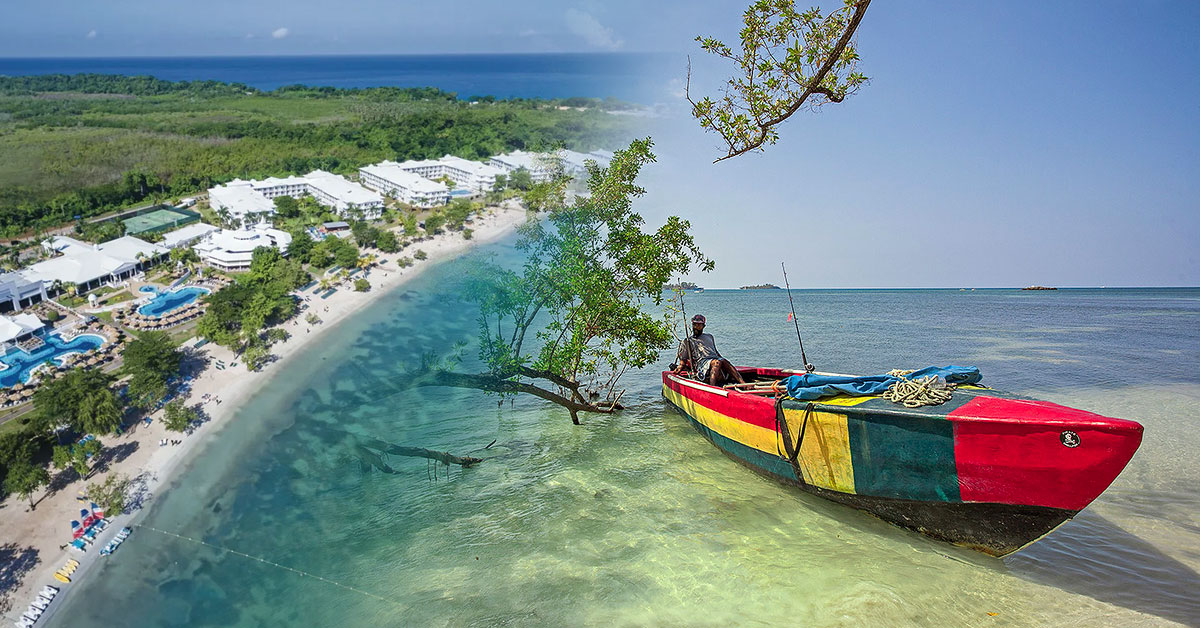Jamaicans Forced to Relinquish Beaches for Hotel Construction: A Growing Controversy
Introduction
In recent years, Jamaica has witnessed an upsurge in the development of luxury hotels and resorts, spurred by the burgeoning tourism industry. However, this rapid expansion has led to significant displacement of local communities, who are being forced to vacate their long-held homes and traditional coastal areas. The conflict between preserving local heritage and pursuing economic development has reached a boiling point, igniting widespread debate and protest across the island.
The Growing Tourism Industry
Jamaica's tourism sector is a cornerstone of its economy, attracting millions of visitors annually to its pristine beaches, vibrant culture, and warm climate. The government, keen on capitalizing on this lucrative industry, has been encouraging foreign investments and large-scale hotel developments. These initiatives aim to bolster economic growth, create jobs, and improve infrastructure.
Displacement of Local Communities
Despite the economic benefits, the aggressive push for tourism development has come at a steep social cost. Many local communities residing along Jamaica's coastlines have found themselves in the crosshairs of these developments. Families who have lived on these lands for generations are being compelled to relocate, often with insufficient compensation and inadequate relocation plans.
Case Studies: Stories of Displacement
Negril's Fisherfolk
In Negril, a picturesque town famous for its seven-mile beach, the local fisherfolk are among those hardest hit. These individuals depend on the sea for their livelihood, and their displacement not only disrupts their way of life but also threatens their economic survival. The construction of new hotels has restricted access to traditional fishing areas, exacerbating their plight.
The Beach at Winnifred
Another notable example is the case of Winnifred Beach in Portland. A community-owned beach known for its unspoiled beauty, Winnifred Beach has been under threat from private developers seeking to transform it into a high-end resort. Local residents, who have fought to maintain public access, argue that such developments would destroy their cultural heritage and undermine their community-based tourism initiatives.
The Legal and Ethical Dimensions
The legal framework governing land ownership and development in Jamaica is complex and often skewed in favor of investors. Critics argue that the laws inadequately protect the rights of local inhabitants, leaving them vulnerable to forced evictions. Moreover, the ethical implications of prioritizing profit over people have sparked a significant backlash, with accusations of neocolonial exploitation and disregard for local traditions.
Government and Corporate Responses
The Jamaican government and private developers defend their actions by highlighting the long-term economic benefits of such projects. They point to job creation, improved infrastructure, and increased foreign exchange earnings as justifications for the displacement. Some developers have initiated community engagement programs and promised fair compensation, although these measures are often seen as insufficient or insincere by those affected.
The Role of Activism and Advocacy
In response to these challenges, grassroots movements and advocacy groups have emerged to champion the rights of displaced communities. Organizations such as the Jamaica Environment Trust (JET) and the Winnifred Beach Benevolent Society are actively campaigning for more sustainable and equitable development practices. Through protests, legal battles, and public awareness campaigns, these groups aim to hold developers and the government accountable.
The forced displacement of Jamaicans from their coastal homes to make way for hotel construction highlights a critical tension between economic development and social justice. While tourism remains a vital economic driver for Jamaica, it is imperative that development strategies incorporate the needs and rights of local communities. Balancing growth with equity and sustainability is crucial to ensuring that the benefits of tourism are shared by all, preserving both Jamaica's natural beauty and its cultural heritage for future generations.


















